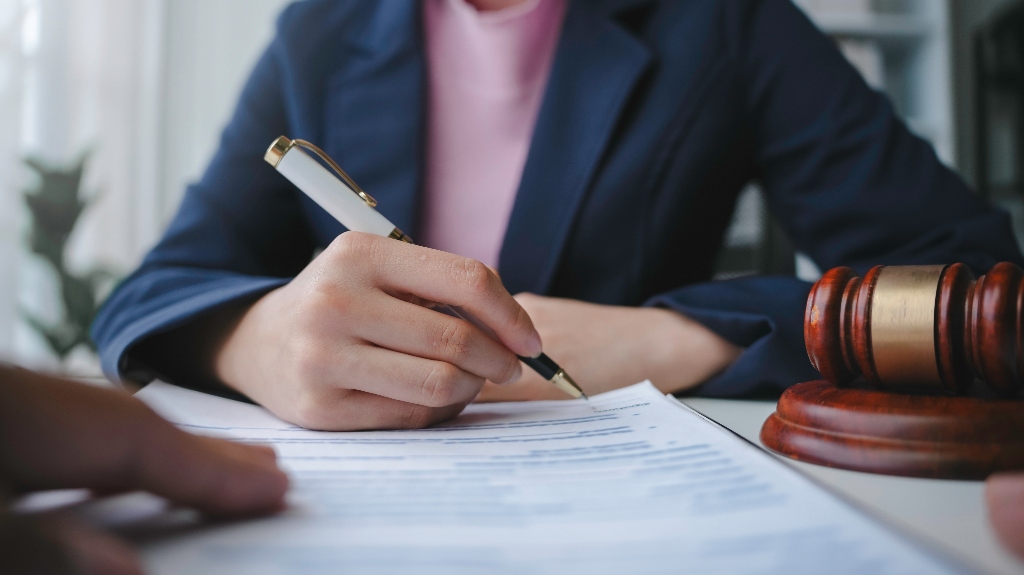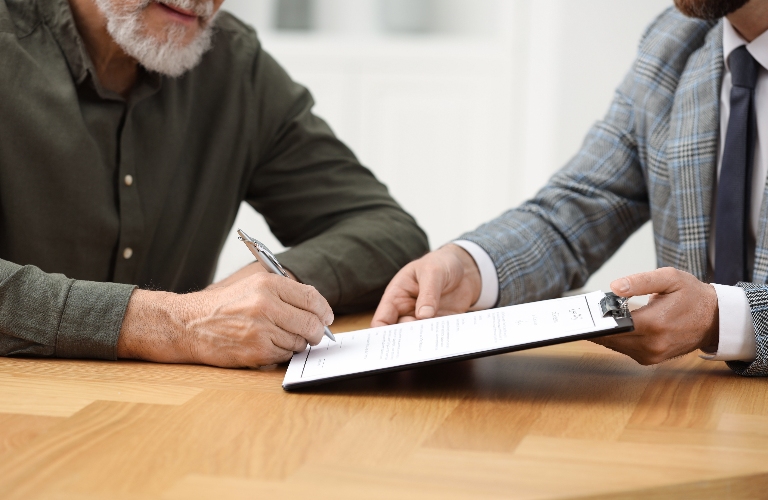
When it comes to planning for the future, writing a Last Will and Testament is one of the most important steps you can take. It gives you the power to decide what happens to your property after you’re gone, name guardians for your children, and make your final wishes clear. But many people in Louisiana wonder: Can I just write my own will?
The short answer is yes. Under Louisiana law, it is possible to write your own will. But the better question is: Should you?
What Kinds of Wills Are Legal in Louisiana?
Louisiana recognizes two main types of wills:
- Notarial Will: This is the most formal kind of will. It must be typed, signed by the testator (the person making the will), and executed in front of a notary and two competent witnesses. The notary and witnesses must also sign a declaration affirming that the required legal formalities were followed.
- Olographic Will: This is a handwritten will, fully written, dated, and signed by the testator. It doesn’t require witnesses or notarization, but it must be completely in your handwriting. Even a single typed sentence or pre-printed form can invalidate it.
So, yes, while you can handwrite your own will in Louisiana, that doesn’t mean it’s always a good idea.
What Could Go Wrong with a DIY Will?
While a handwritten will might seem simple, there are serious risks involved. A small mistake can have big consequences.
Mistakes in Wording or Intent
Louisiana law uses specific legal terms that carry precise meanings. If your language is vague or inconsistent, your heirs might not understand your wishes, or worse, they could argue over them. A will that seems clear to you may lead to confusion or litigation after your death.
Failure to Meet Legal Requirements
If your handwritten will isn’t entirely in your handwriting, or if you forget to include the date, it may be considered invalid. Courts strictly enforce these formalities. For example, a will signed but not dated could be thrown out as invalid, leaving your estate to be distributed according to intestate laws, which means the state decides who receives what.
No Plan for Contingencies
Many DIY wills fail to address what happens if a beneficiary dies before you, if an asset no longer exists, or if a named executor refuses to serve. An experienced estate planning attorney can help you build in flexibility and plan for the “what-ifs.”
Tax and Medicaid Consequences
Estate planning isn’t just about who gets your property. It’s also about protecting it. In many cases, a DIY will won’t address issues like minimizing estate taxes, avoiding probate, or preserving eligibility for Medicaid. Without proper planning, your heirs could face unexpected costs or delays.
Why Legal Guidance Matters

Think of your will as more than a document; it’s a roadmap for your loved ones. While writing it yourself may seem like a way to save money now, the cost of fixing mistakes later can be far greater.
Working with an experienced Louisiana estate planning attorney can ensure your will is legally valid, reflects your true intentions, and protects your loved ones from unnecessary stress. Attorneys can also help you explore related documents, such as powers of attorney, living wills, and trusts, to build a comprehensive estate plan tailored to your specific needs.
Contact Us Today To Review Your Options
Yes, you have the legal right to write your own will in Louisiana. But whether it’s the right decision depends on your goals and the complexity of your estate. Even simple estates can benefit from professional guidance.
At Losavio & DeJean, LLC, we’ve helped families across Louisiana create estate plans that offer peace of mind and lasting protection. If you’re thinking about writing your own will or revisiting one you wrote years ago, reach out to us today. We can help you get it right.

